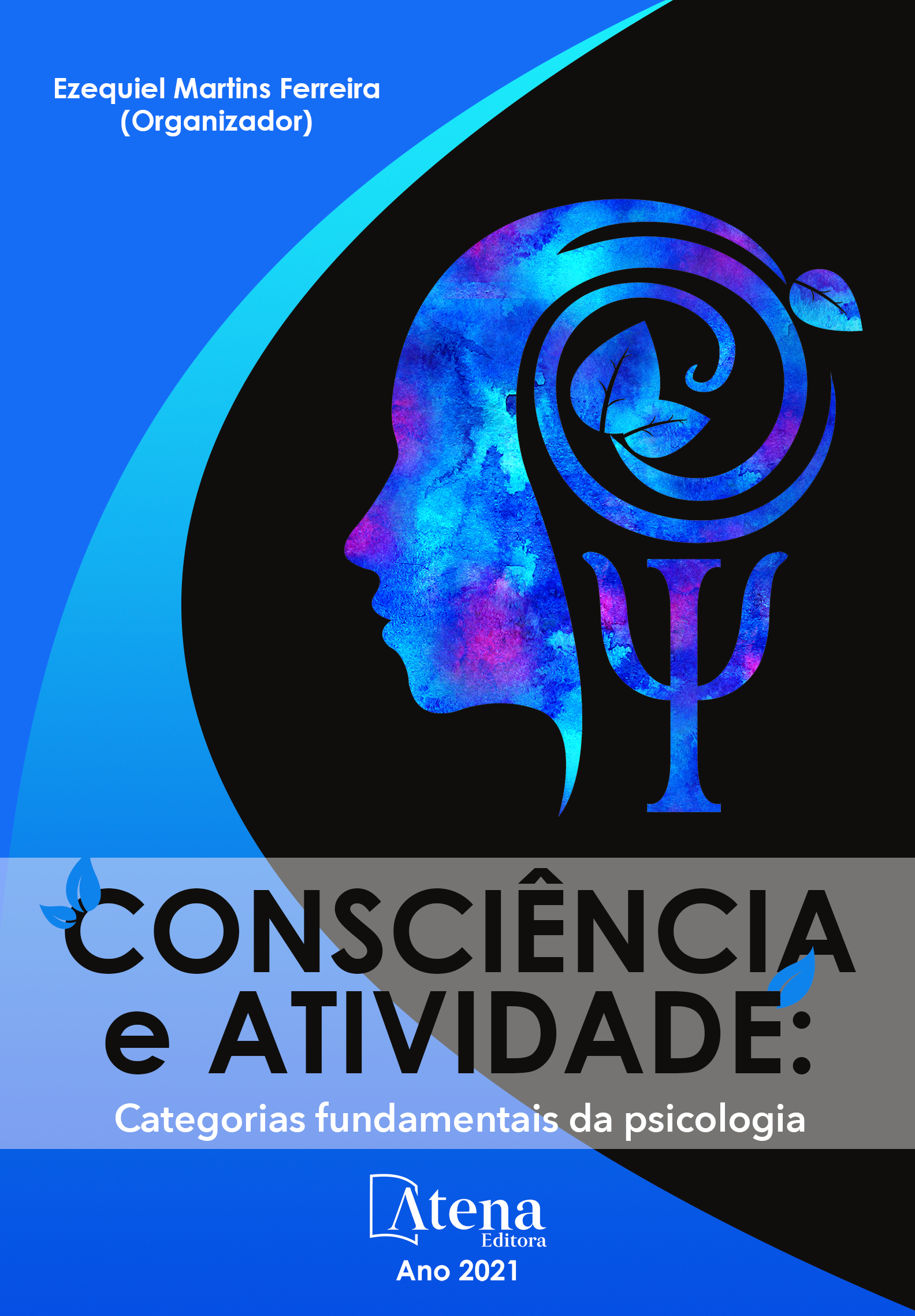
A MORALIDADE KANTIANA AOS OLHOS DA PSICANÁLISE
O presente artigo tem como proposta trazer à luz, pela perspectiva psicanalítica freudiana, o que acontece na psique do sujeito se este tomar como princípio antecedente do seu agir a ética do dever – construída através da razão pura, por Immanuel Kant. Segundo o filósofo, independente da ação, o ato deve ser genuíno para poder ser universalizado, visto que a interpretação oriunda das experiências do mundo é sempre parcial, e nunca, seja qual for a ocasião, completa. No âmbito psicológico, Sigmund Freud, através da psicanálise, perpassa a subjetividade do indivíduo isolado, ou seja, analisa o sujeito enquanto sujeito social; buscando demonstrar a dificuldade, bem como a penosidade, do agir excluindo a fundamentação dos desejos instintuais – que são parte da constituição natural humana.
A MORALIDADE KANTIANA AOS OLHOS DA PSICANÁLISE
-
DOI: 10.22533/at.ed.41521300612
-
Palavras-chave: Razão pura. Desejos instintuais. Psique. Moral. Boa vontade.
-
Keywords: Pure reason. Instinctual desires. Psyche. Moral. Good will.
-
Abstract:
This article aims to bring to light, from the Freudian psychoanalytic perspective, what happens in the subject's psyche, if he takes as an antecedent principle of his action the ethics of duty - built through pure reason, by Immanuel Kant. According to the philosopher, regardless of the action, the act must be genuine in order to be universalized, since the interpretation derived from the experiences of the world is always partial, and never, whatever the occasion, complete. In the psychological sphere, Sigmund Freud, through psychoanalysis, permeates the subjectivity of the isolated individual, that is, he analyzes the subject as a social subject; seeking to demonstrate the difficulty, as well as the pain, of acting excluding the foundation of instinctual desires - which are part of the natural human constitution.
-
Número de páginas: 6
- André Haiske
- Bernardo Ebbres Bernard


